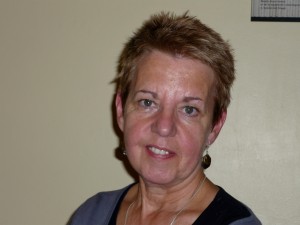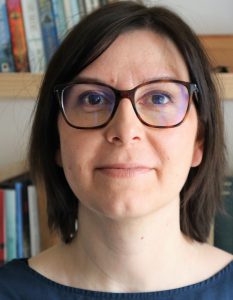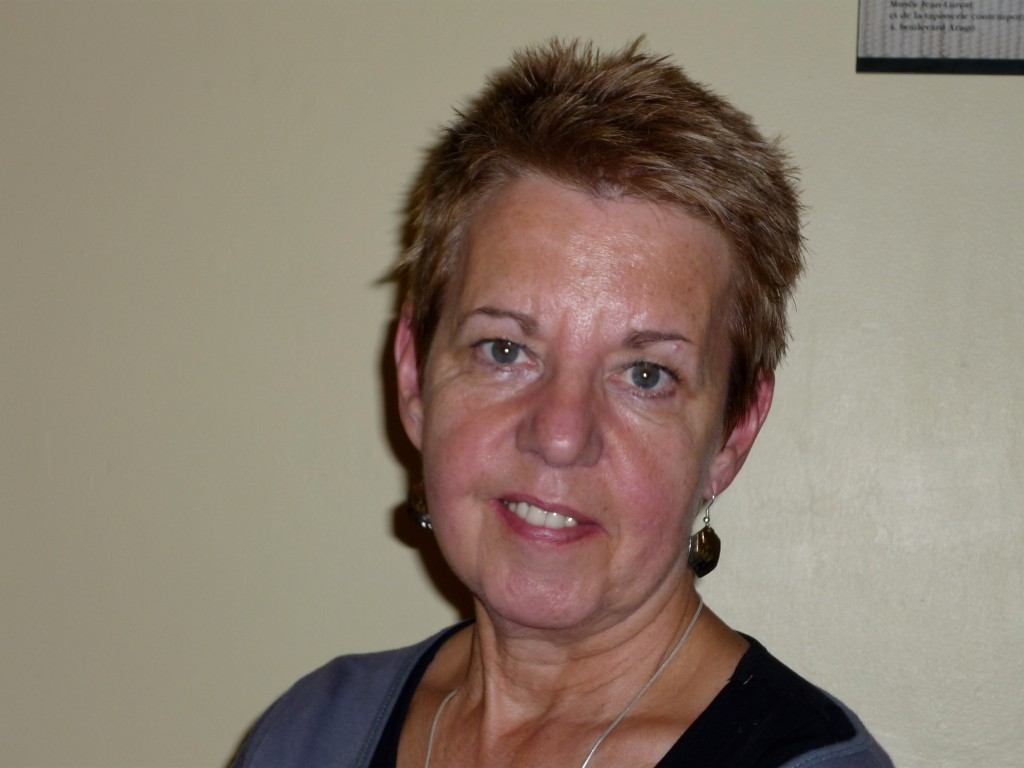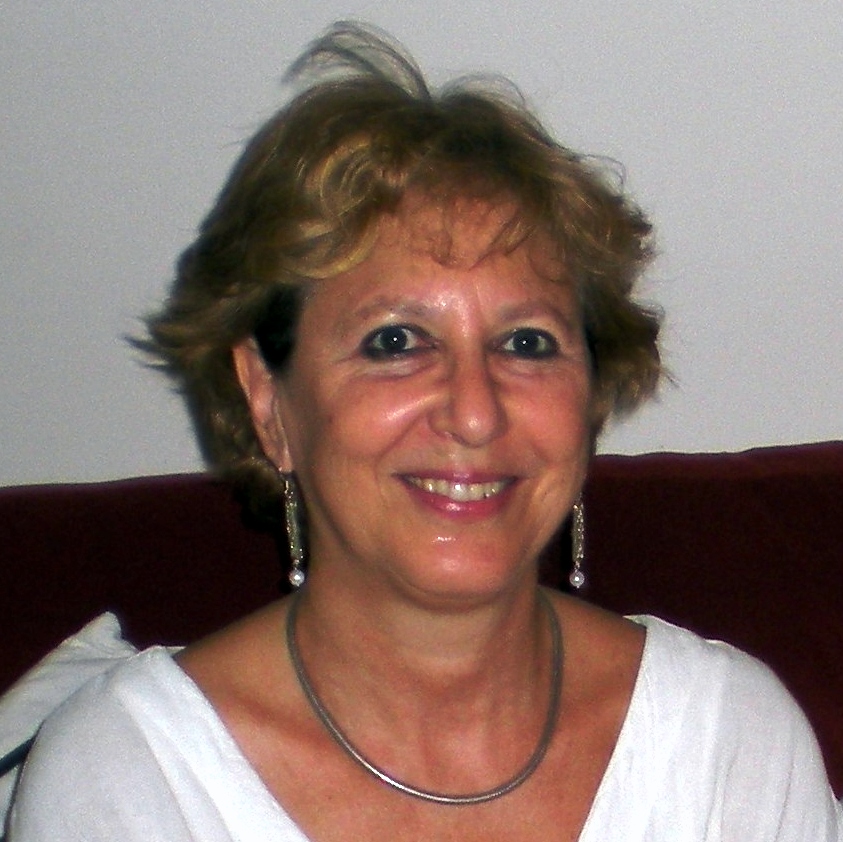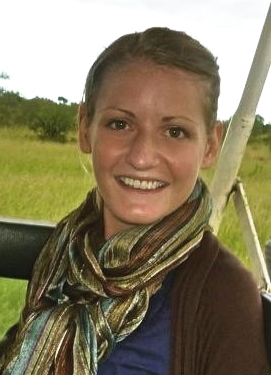Prof Ian Kessler of the NIHR Policy Research Unit in Health and Social Care Workforce is Professor of Public Policy and Management at King’s Business School. He introduces a new evaluation from the Unit: International Nurse Recruitment and the Use of Memoranda of Understanding: The Kenya and Nepal Pilots. (1,447 words)
With rising health and care needs as national care systems seek to cope with aging populations, the growing incidence of chronic conditions, and the shock of the Covid pandemic, there has been increasing pressure on the global supply of healthcare workers. Traditionally drawing upon overseas staff, this raises new and important questions for the NHS about how such employees are accessed and managed. The recent NHS England’s Long Term Workplace Plan, 2023, for example, cautions against an over reliance on any specific source of labour. More profoundly, the pressure on the supply of overseas healthcare workers prompts renewed concerns about the ethics of international recruitment as a practice.

There has been longstanding debate on the ethics of overseas recruitment by the NHS and other high income countries. This is reflected in international attempts to regulate the practice through, for example, the World Health Organisation Global Code, 2010, designed to ‘establish the ethical international recruitment of health personnel, accounting for the rights, obligations and expectations of source countries, destination countries and migrant health personnel.’ Debate on the ethics of the process has deepened with the new labour supply side pressures, and in response, government-to-government, or bilateral, agreements, whether in the form of Memorandum of Understanding (MoU) or tighter, more formal treaties, have emerged as a potential vehicle for addressing ethical concerns. Continue reading
 Dr Kalpa Kharicha
Dr Kalpa Kharicha